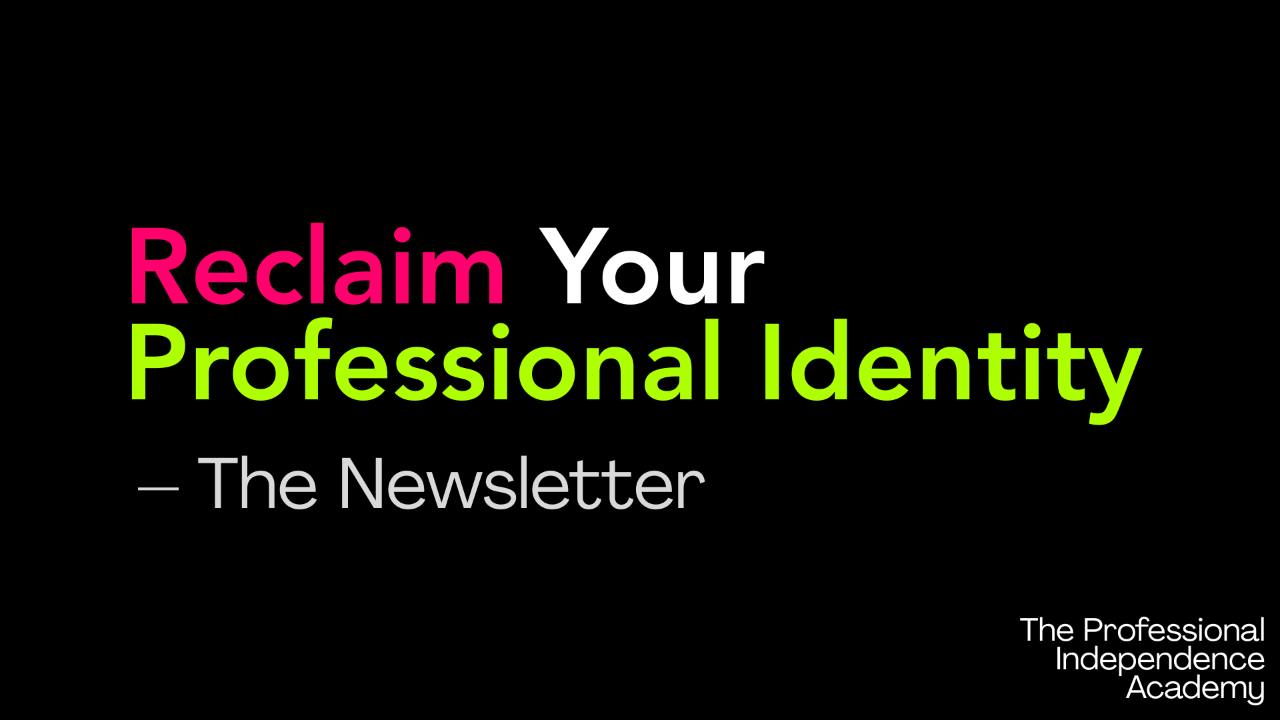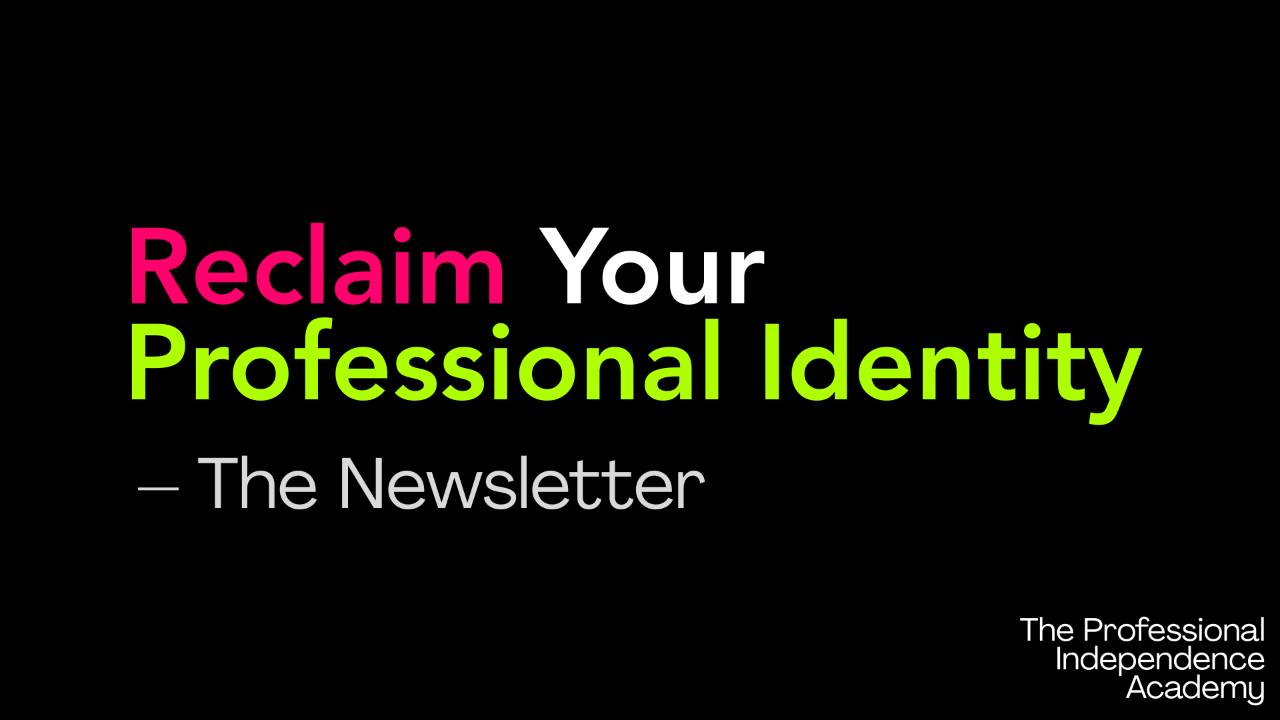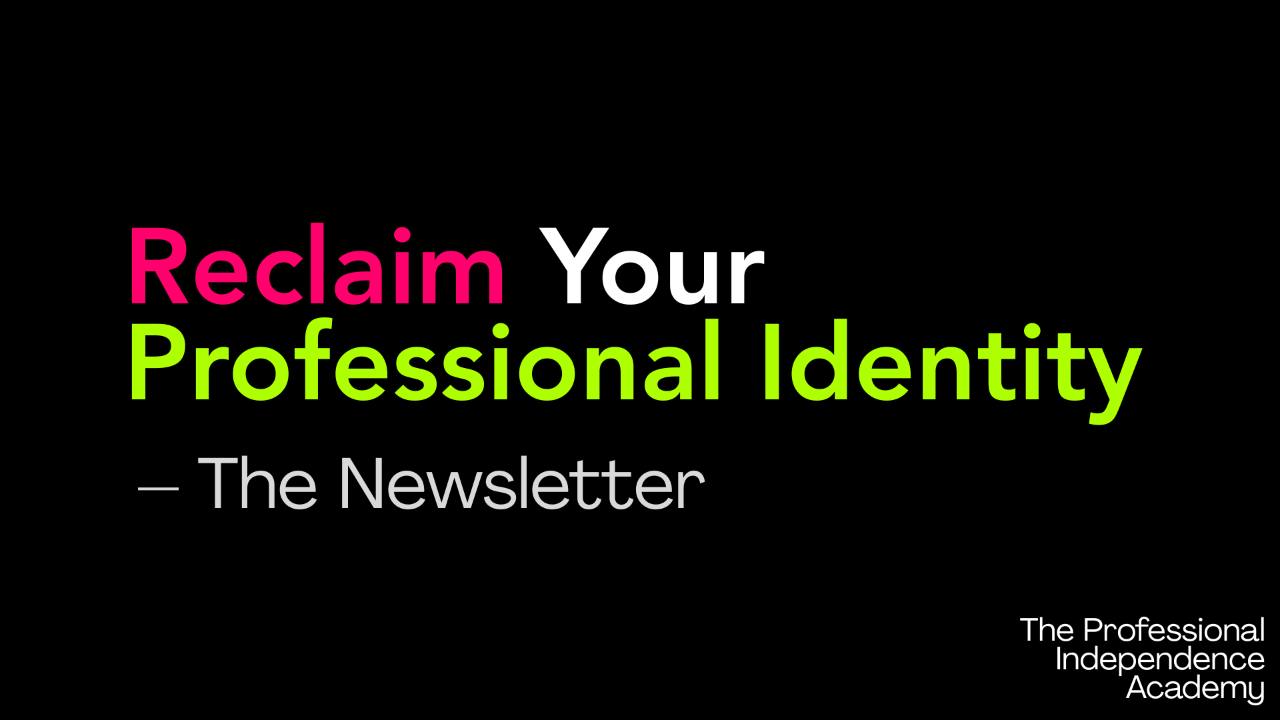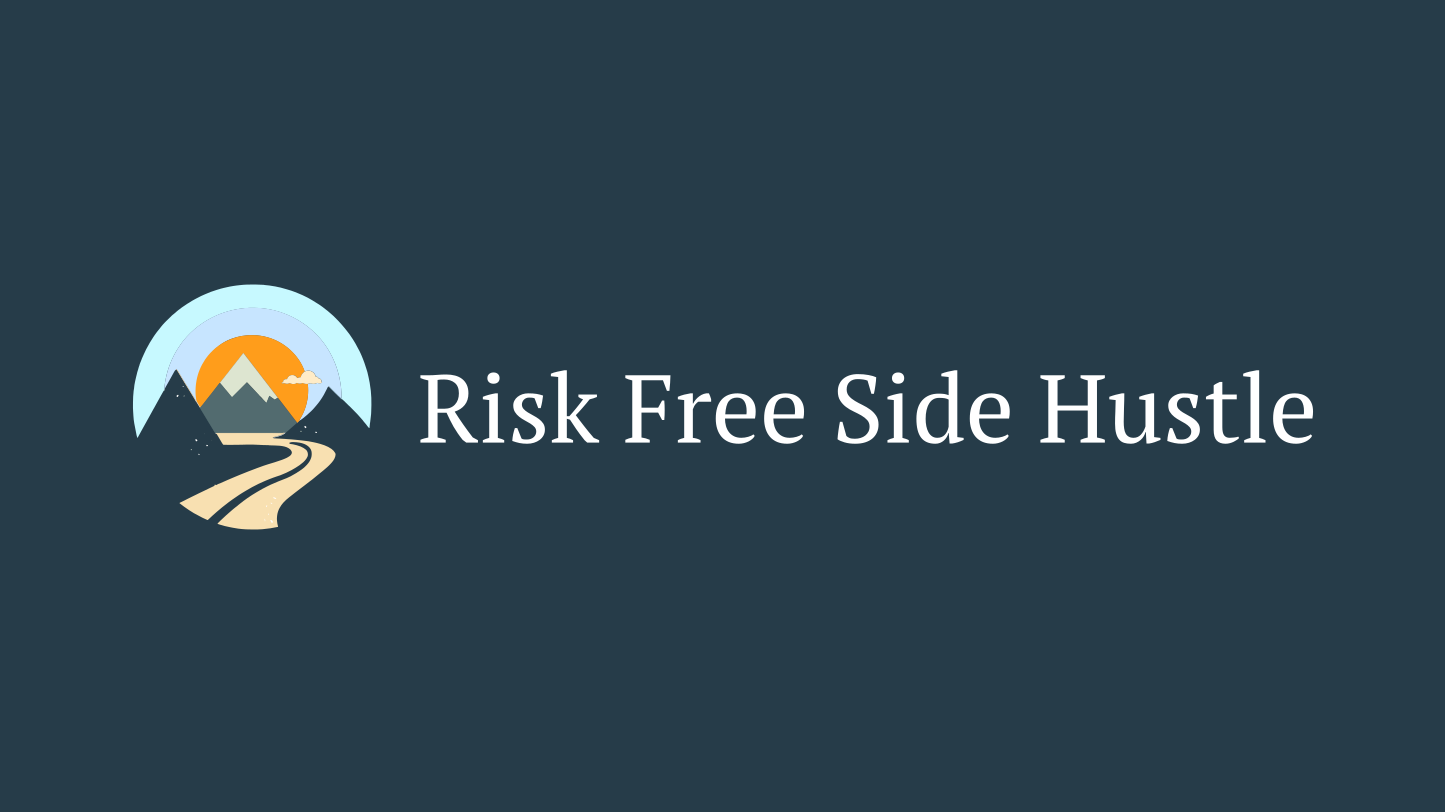41. The Skills Gap Myth: What Companies Really Want (And It's Not What You Think)
Read time: 6 minutes | Forward to a friend
Last week, I watched a talented marketing director get rejected for a role she was "overqualified" for, while another position requiring "5 years Python experience" hired someone with 6 months of coding bootcamp. The disconnect between what companies say they want and what they actually hire for isn't just confusing, it's costing us our professional confidence.
The Problem
We've been told there's a "skills gap crisis", that millions of jobs sit empty because workers lack the technical skills companies need. The data tells a different story. Recent analysis of 4 million job postings versus actual hiring patterns reveals a staggering truth: Companies consistently hire candidates who possess only 60-70% of the "required" skills listed in job descriptions.
Meanwhile, professionals are burning themselves out trying to check every box in increasingly inflated job requirements. The average job posting now lists 35% more requirements than the same role did five years ago, yet the core competencies needed to excel haven't fundamentally changed.
The real issue isn't a skills shortage, it's a communication breakdown. Companies are optimizing for the wrong signals, and professionals are preparing for the wrong game. In our pursuit of the "perfect" candidate or the "complete" skill set, we're missing what actually drives performance and career resilience.
The RISE Framework: Decoding Real Hiring Patterns
Recognize the Real Pattern
Job postings are wish lists, not requirements. When companies write "Must have 7+ years experience with [specific software]," they often hire someone with 2 years who demonstrates strong problem-solving ability and learns quickly. The listed skills are proxies for deeper competencies they can't easily articulate.
Investigate What Really Matters
Analysis of successful hires reveals three core categories that predict long-term success:
Foundation Skills (30% of decision)
- Critical thinking and problem-solving
- Communication and collaboration
- Adaptability and learning agility
Domain Knowledge (40% of decision)
- Understanding of industry context and challenges
- Business acumen and strategic thinking
- Customer/market awareness
Technical Capabilities (30% of decision)
- Core technical skills (not every tool in the stack)
- Ability to learn new tools quickly
- Systems thinking and integration ability
Strategize Your Skill Portfolio
Instead of chasing every trending technology or certification, build what I call a "T-shaped resilience profile":
The Vertical Bar: Deep expertise in your core domain
- Master the fundamentals that don't change quickly
- Develop expert-level knowledge in 1-2 key areas
- Build a reputation for quality work in your specialty
The Horizontal Bar: Broad adaptability skills
- Communication across functions and levels
- Digital fluency (not necessarily coding)
- Business strategy understanding
- Change navigation abilities
Execute the Portfolio Strategy
- Audit your current skills against the three categories above
- Identify 2-3 foundational skills to strengthen this quarter
- Choose 1 emerging skill that complements your core expertise
- Document your learning process to demonstrate growth mindset
- Practice explaining complex concepts simply to prove understanding
Personal Application Story
When I first started analyzing job market data, I was convinced I needed to become a "full-stack" everything: marketing, analytics, design, project management. I spent months collecting certifications like Pokemon cards, feeling increasingly overwhelmed and ironically less confident.
The breakthrough came when I stopped trying to be everything and started focusing on becoming indispensable at the intersection of strategy and execution. Instead of learning every marketing automation tool, I got really good at understanding customer journey mapping and could quickly adapt to any platform. That clarity led to three job offers in six weeks, none of which required all the certifications I'd stressed about.
Reader Application Guide
This Week:
- Conduct a "skills audit" - Map your current abilities to the three categories (Foundation, Domain, Technical)
- Research 3 job postings in your field and identify which requirements are "must-haves" vs "nice-to-haves"
- Identify one foundational skill you could strengthen immediately (communication, problem-solving, learning agility)
This Month:
- Create a "learning portfolio" that balances depth in your expertise with breadth in complementary areas
- Start documenting your learning process through LinkedIn posts, internal presentations, or personal notes
Reflection Question:
If you could only develop three professional capabilities for the next five years, which would make you most resilient across any industry changes?
Community Connection
Reader Spotlight: Sarah M. shared how she shifted from trying to master every project management tool to becoming the "process translator" who helps teams align regardless of their preferred platforms. Her approach landed her a Director role at a company that uses completely different tools than her previous job.
Community Question: What's one skill you've been putting off learning because it seems too overwhelming? Reply and let's break it down together.
Strategic Call-to-Action
When you're ready, here are ways to go deeper:
- Free Skills Portfolio Template: A framework to map your T-shaped resilience profile and identify strategic learning priorities (Download)
- Career Resilience Masterclass: A 45-minute deep dive into building anti-fragile professional capabilities (Schedule Now)
- Reclaim Your Professional Identity Course: Learn to build career security that doesn't depend on any single employer (Learn more)
- The Professional Identity Reclamation eBook (free): Discover how to explore your personal brand potential without risking your security or sanity. (Download here)
Forward this to someone who's tired of chasing every new certification and ready to build real career resilience.
P.S. The skills gap isn't about what you don't know—it's about how clearly you can communicate what you do know and how quickly you can adapt it to new contexts. Your experience is more valuable than you think.
Talk soon,
Nathan Pearce
Creator of Risk Free Side Hustle







Responses